
Beyond Sunni and Shia
The Roots of Sectarianism in a Changing Middle East
Recommendation
To outsiders, understanding the Sunni-Shia divide – an inscrutable, centuries-old conflict that seemingly sprang up from nowhere – often feels like an exercise in futility. For those living in Middle Eastern hot spots, however, sectarian identity can be a matter of life and death. In this compilation of essays, experts weigh in on the evolution of the Sunni-Shia split over the years, exploring how key events like America’s invasion of Iraq and the Arab Spring helped spread sectarian-based strife. The essays feature a variety of perspectives and contexts. They include discussion of Iran’s role in the conflict, Lebanon’s imperfect, yet noteworthy political model and the proliferation of sectarian rhetoric on Twitter. While this study compiles an admirable array of analyses, the writing styles are uneven. Some contributors’ content is engaging, but others serve up prose that is turgid and unwelcoming. Still, patient readers will gain valuable insights into a core conflict that has roiled Middle Eastern politics over the past decade.
Summary
About the Author
Frederic Wehrey is a senior fellow in the Middle East program at the Carnegie Endowment for International Peace. He is the author of Sectarian Politics in the Gulf: From the Iraq War to the Arab Uprising (2013).







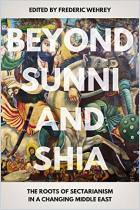

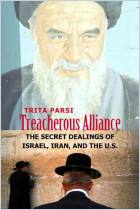
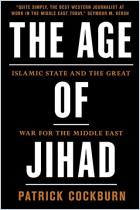
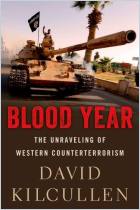
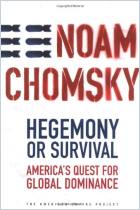


Comment on this summary or Начать обсуждение